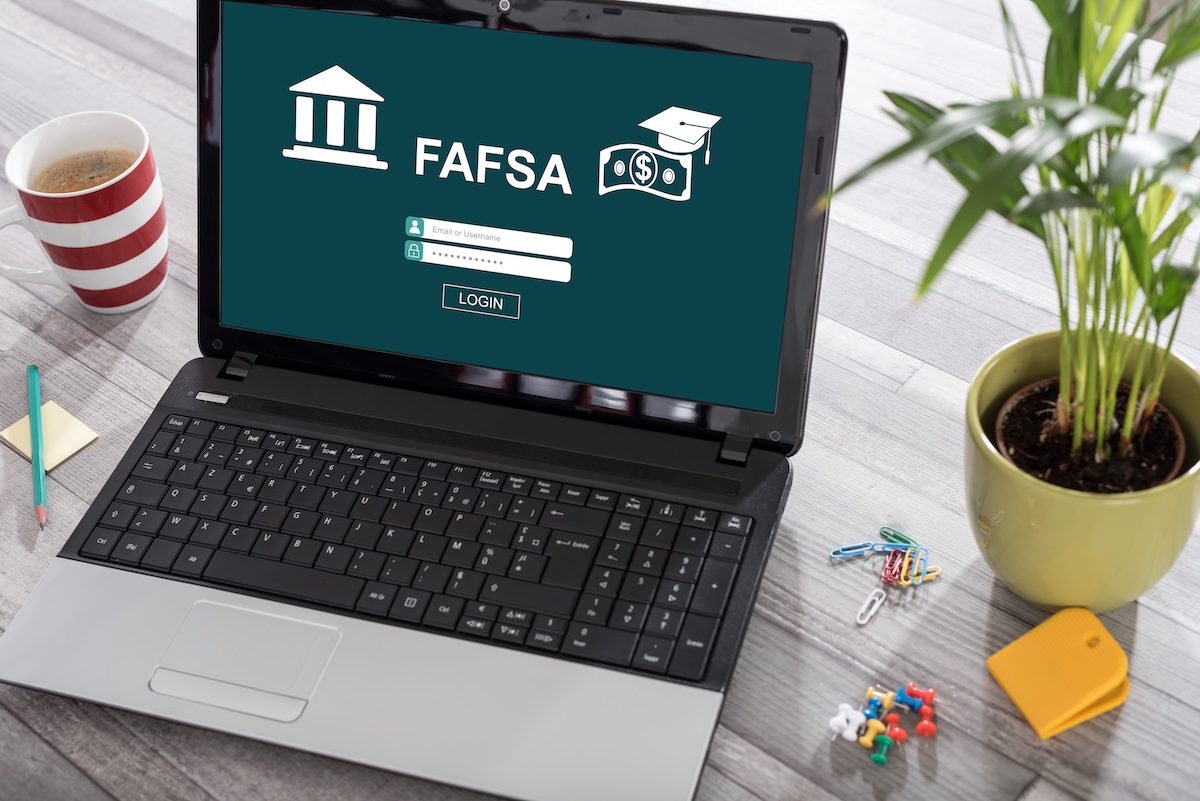Can You Settle Student Loan Debt For Less Than You Owe?


Settling a student loan means negotiating with your lender or servicer to accept a lump-sum payment that is less than the current balance owed. In other words, you pay part of your debt in exchange for the lender agreeing to forgive the rest.
This can sound appealing, especially if your balance has ballooned from years of interest or collection fees. But settlements are extremely limited (especially for federal loans) and often come with long-term costs.
Here’s what to know about settling your student loans.
While you can technically settle your federal loans — whether they are FFEL or Direct Loans that are in default — it’s highly unlikely that you will be able to. Why? Federal loans are money owed to the U.S. Taxpayer. As such, Congress sets the rules by which you can settle, and there are just too many ways the US government can collect from you once you’re in default.
They can garnish your wages, take your tax refunds, garnish your Social Security, or go after other federal benefits. They don’t need court approval to begin wage garnishment, either, like private loan owners do.
In fact, the Department of Education issues no public guidelines on settling federal loans because they do not want to encourage anyone to do so.
However, the Education Department does issue internal guidelines to their contracted collection agencies and guaranty agencies. (Guaranty agencies are organizations that guarantee FFELP loans against default and often service them as well, like AES.)
This Department of Education guideline memo to guaranty agencies from 1993 states that guaranty agencies are permitted to “compromise” or settle the loan under certain conditions and up to certain amounts.
Those allowable settlement or compromise offers are:
But say you do decide to go this route, you have to be ready with a good offer to negotiate with the collection or guaranty agency. And realize, this is all based on your current loan balance – notice how none of the offers really lower what you actually borrowed.
Private student loans, however, are a different story. These loans operate more like credit card debt – if you stop paying, the lender or a collection agency may be willing to negotiate.
When settlement might be possible:
Example:
A borrower with a $20,000 private loan in collections might offer $10,000 in cash to close the account. The lender agrees, marks the debt as “settled,” and stops further collection.
While this can end the debt, it comes with downsides:
Some people consider defaulting strategically for the purpose of settling their loan. While this may be a strategy towards success if everything goes right, you could easily wreck your credit, open yourself up for litigation from your lender, and not even get want you want out of your settlement deal.
You could accrue fees and interest along the way. And you may still be stuck with the loan in the end. This is definitely more of an option for private loans, but certainly not one we recommend.
We don’t recommend most people try to negotiate this themselves – this is where you want to get a student loan lawyer involved. But if you’re set on it, here’s some basic steps to get started:
For most borrowers, settlement should be a last resort. Other options can provide long-term relief without wrecking your credit.
Federal loans:
Private loans:
These programs often reduce or pause payments without requiring default, helping protect your credit and long-term financial stability.
Borrowers in default are some of the most heavily preyed on for student loan scams. Make sure you are watching out for these key things:
Always verify offers through your loan servicer or directly with the Department of Education.
Can you settle federal student loans without defaulting?
No. Federal settlements are only considered after default, once the loan enters collections.
Is forgiven or settled debt taxable?
Yes. The canceled portion of a private loan is generally taxable as income, though insolvency exceptions may apply. Federal settlements may or may not trigger taxes depending on terms.
Can I negotiate a payment plan instead of a lump sum?
Occasionally, collection agencies may accept short-term installment settlements, but lump-sum offers are preferred.
How does settlement affect my credit?
The loan will be reported as “settled for less than the full balance,” which can lower your credit score for up to seven years.
Settling student loan debt for less than you owe is possible, but it’s rare, risky, and often unnecessary. For most borrowers (especially those with federal loans) income-driven repayment, forgiveness programs, or rehabilitation offer better paths to long-term relief.
If you’re in default or overwhelmed by private loans, speak with your loan servicer or a student loan attorney before negotiating any settlement.
Don’t Miss These Other Stories:

A comprehensive guide to 150+ essential multifamily real estate investing terms, from acquisition to disposition. A Absorption Rate The...

Colleges are navigating enrollment pressures, renewed federal oversight, and growing scrutiny around how families finance higher education. This week’s developments...

(Bloomberg) — Morgan Stanley chopped pricing in half for clients trading private companies’ shares on its newly acquired EquityZen platform,...